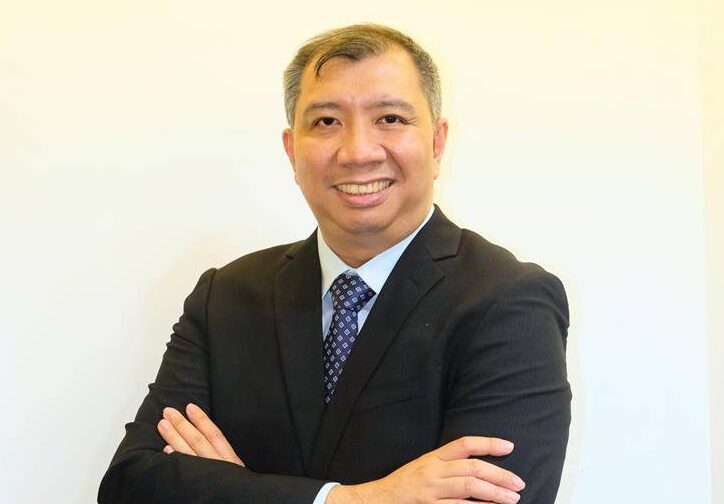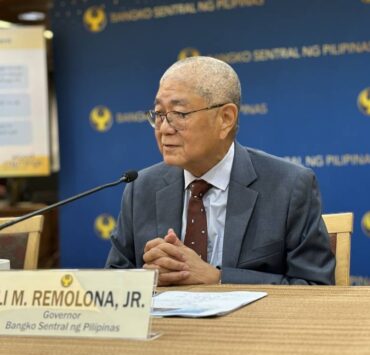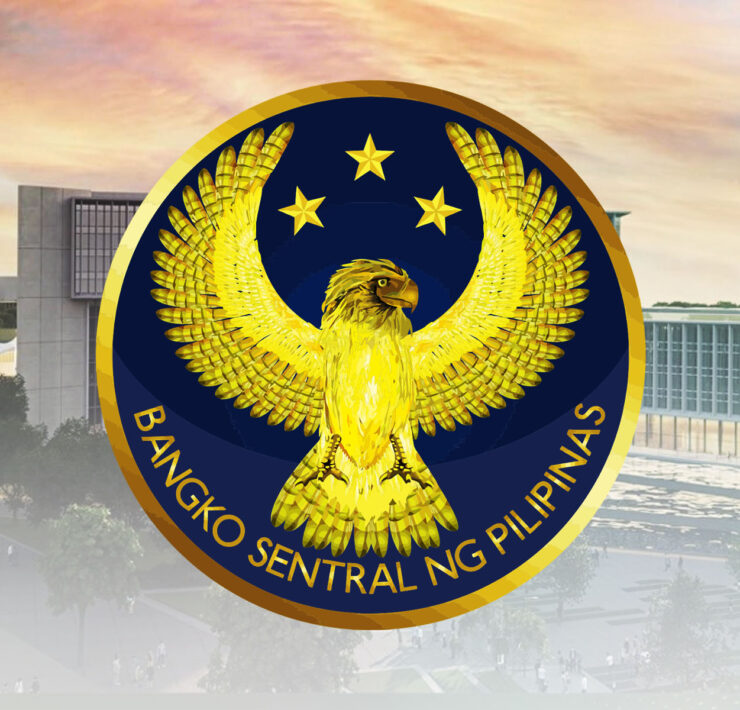Don’t lend your account: The dangers of being a money mule

In today’s fast-moving digital economy, opportunities and risks are only a call, a message or a click away.
One such risk that we should be aware of is unknowingly becoming a money mule or being tempted into being one.
This usually begins with something as simple as lending your bank account.
Whether it is a relative in need or a friend asking you for a favor, if you allow others to use your financial accounts, you could end up facing criminal charges.
This practice of money mule-ing enables criminals to facilitate scams, launder funds, hide stolen money and finance further illegal operations, all while using your account.
A money mule is someone who receives, transfers or moves illegally acquired money on behalf of others.
They are often ordinary people deceived into thinking they are helping with legitimate transactions or fall for the lure of quick money in exchange for something seemingly innocent.
They are told to receive money into their bank or e-wallet accounts and pass it on with the promise of keeping a “commission” for themselves. These transactions are not clean. They can be part of elaborate fraud schemes, ranging from online scams, social engineering schemes, to cybercrime or even drug trafficking.
The global landscape of money mules
A 2024 report by BioCatch, an international company that specializes in digital fraud protection, found that money mule-ing activity is increasing globally, with nearly two million mule accounts identified in 2024 alone by BioCatch across 257 financial institutions on five continents.
Young adults are especially vulnerable, according to the report.
Nearly two-thirds of mules from the United Kingdom are under 30, while Americans aged 25 to 35 are most likely to be drawn in, often enticed by easy money opportunities.
This report signals a growing threat to financial systems and personal security.
The fact that young adults are prone to being money mules shows that these scams target people who may be digitally savvy but are unaware of legal consequences.
This shows the urgent need for education and proactive measures to stop the spread of mule networks.
In the Philippines, the Bankers Association of the Philippines has raised an alarm over the increasing use of Filipino bank accounts in money mule schemes.
Criminals often recruit individuals through social media, offering P5,000 to P10,000 in exchange for the use of their bank accounts.
These accounts are then used to transfer money obtained from illegal activities such as online scams, human trafficking and drug trafficking.
The Bangko Sentral ng Pilipinas, in its 2024 report on the Philippine financial system, emphasized the importance of strengthening cybersecurity and antimoney laundering frameworks in response to the growing sophistication of financial crimes, including mule accounts.
This problem has prompted organizations to take action.
The International Criminal Police Organization’s (Interpol) global campaign, #YourAccountYourCrime, launched in 2022, highlights how innocent people are lured into becoming money mules and suffer legal consequences.
The campaign warns that even if you did not know the funds were illicit, participating in their transfer makes you legally responsible.
Interpol identified job scams, romance scams, investment scams and impersonation scams as the four key techniques that criminals use to recruit money mules.
Given these, the Interpol provided the following warnings to avoid becoming a mule: be wary of anyone asking to use your bank account to receive or forward money, never share your online banking credentials or account details to someone you do not know and trust, cease all contact and report to authorities if you suspect that you have been used as a mule.
These reports and campaigns make two things clear: money mule-ing is a widespread and pressing concern, and protecting your financial accounts is a personal responsibility that cannot be taken for granted.
The Philippines’ response
The Philippine government responded to this problem through the enactment of the Anti-Financial Account Scamming Act (Afasa), which criminalizes money mule-ing characterized by:
- Using, borrowing or allowing the use of a financial account
- Opening a financial account under a fictitious name or using the identity or identification documents of another
- Buying or renting a financial account
- Selling or lending a financial account
- Recruiting, enlisting, hiring, utilizing or inducing any person to perform the above acts
The punishment for money mules under Afasa is an imprisonment of not less than six years, but not more than eight years or a fine of at least P100,000 but not exceeding P500,000, or both at the discretion of the Court.
As such, borrowing someone’s account or allowing others to use your account is no longer a favor, it is potentially a crime.
You might wonder: how widespread is money mule-ing?
Currently, there are numerous posts, even dedicated groups, on platforms like Facebook Marketplace offering to buy or rent e-wallets or bank accounts.
It might be tempting to respond, especially with the promise of quick cash, but—make no mistake—this is now a crime.
These accounts may be used to funnel funds from scams or facilitate criminal transactions.
Be responsible for your own account
Now that we know the risks, it is crucial to remember that even if you are not committing fraud, allowing the use of your accounts can still land you in jail.
No “good deed” should end with handcuffs, especially if you think that you are just doing someone else a favor.
To avoid these potential problems, remember to be responsible for your financial accounts: be skeptical of offers of quick money online; do not allow others to use your accounts, and report suspicious messages to your bank or to authorities.
Finally, remember that you are ultimately responsible for your financial accounts.
As the Interpol’s campaign says: your account, your crime.
******
The author is the Enterprise Information Security Officer and Data Protection Officer of the Bank of the Philippine Islands.





















Talent, transition and continuity: 2026 hiring and succession in PH economy